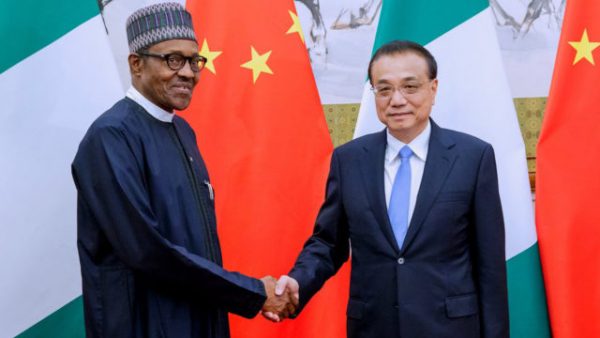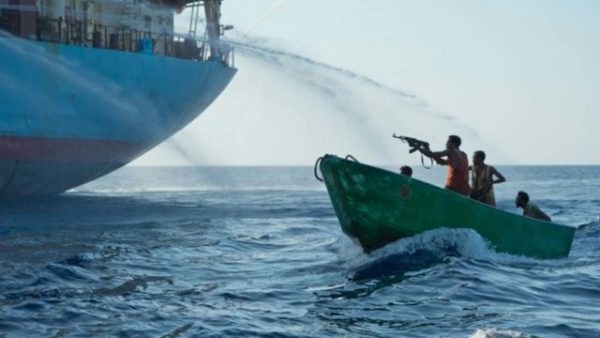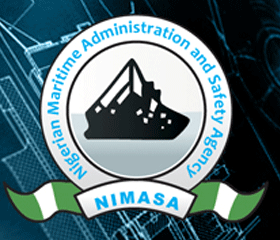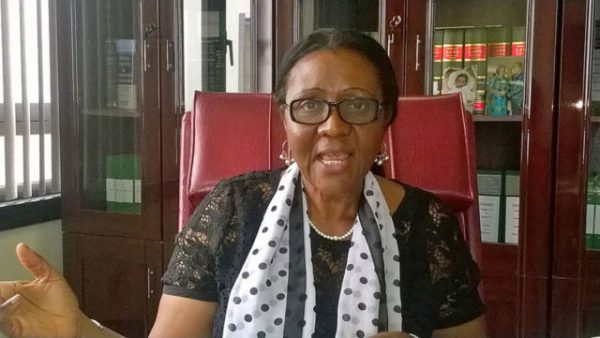Reps probe delay in ports concession, privatisation review
 The House of Representatives has resolved to investigate the delay in the review of the agreements signed by the Federal Government for the privatisation and concession of seaports across the country.
The House of Representatives has resolved to investigate the delay in the review of the agreements signed by the Federal Government for the privatisation and concession of seaports across the country.
The House, at the plenary on Wednesday, mandated the Committees on Ports and Harbour; and Privatisation and Commercialisation to ‘interface with parties to the concession agreement with a view to determining reasons for the delay in conclusion of the review and renewal of the agreements for concession of seaports’.
A member of the House, Shehu Koko, had moved a motion titled ‘Need to Investigate the Delay in Conclusion of the Review and Renewal of Agreements for Concession of Seaports’.
Koko recalled that the Bureau of Public Enterprises and the Nigerian Ports Authority had on behalf of the Federal Government anchored the concession of seaport terminals between 2005 and 2006 for an initial period of 10 years, 15 years and 25 years across the Apapa, Tincan Island, Port Harcourt, Onne, Calabar, Koko and Warri ports, respectively.
The lawmaker noted that some of the concessioned terminals, with initial tenure of either 10 years or 15 years, had already expired while some would expire in May 2021 and needed renewal to avoid ‘losses of hundreds of millions of dollars’ in revenues accruable to the government.
He added that it would also affect Direct Foreign Investment by investors for further upgrade and rehabilitation of the ports to achieve the modernisation objectives of government.
Koko further recalled that the review and renewal process commenced in 2016 with the NPA, Federal Ministry of Justice, Federal Ministry of Transport, Infrastructure Concession Regulatory Commission, Bureau of Public Enterprises and the Private Terminal Operators.
He said, “The House is concerned that the concession agreements that have expired are deemed to have been automatically renewed without the benefit of full renegotiation, provided that concessionaires served the lessor requisite notice of intent to renew in line with the provisions of the agreements.”
Meanwhile, the House also on Wednesday passed for second reading, the Nigerian Maritime Security Trust Fund (Establishment) Bill 2020.
Sponsor of the bill, Yusuf Gagdi, who is chairman of the House Committee on Navy, said the legislation sought to provide a special fund for training and retraining of naval personnel for optimum productivity, as well as funding for equipment and machineries that would aid seamless protection of Nigerian waterways by the Nigerian Navy.
This, he noted, would guarantee a robust economic development of the country.
Gagdi pointed out that that since the mainstay of Nigeria’s economy petroleum, which is majorly sourced and moved through the waterways, while the largest chunk of the country’s imports and exports of goods were carried out through the seas, it was necessary that the Nigerian Navy was sufficiently equipped and its officers and men routinely trained.
The lawmaker noted that this would help to check the activities of sea piracy, oil bunkering and other illegal activities on the waterways that hampered economic development.








